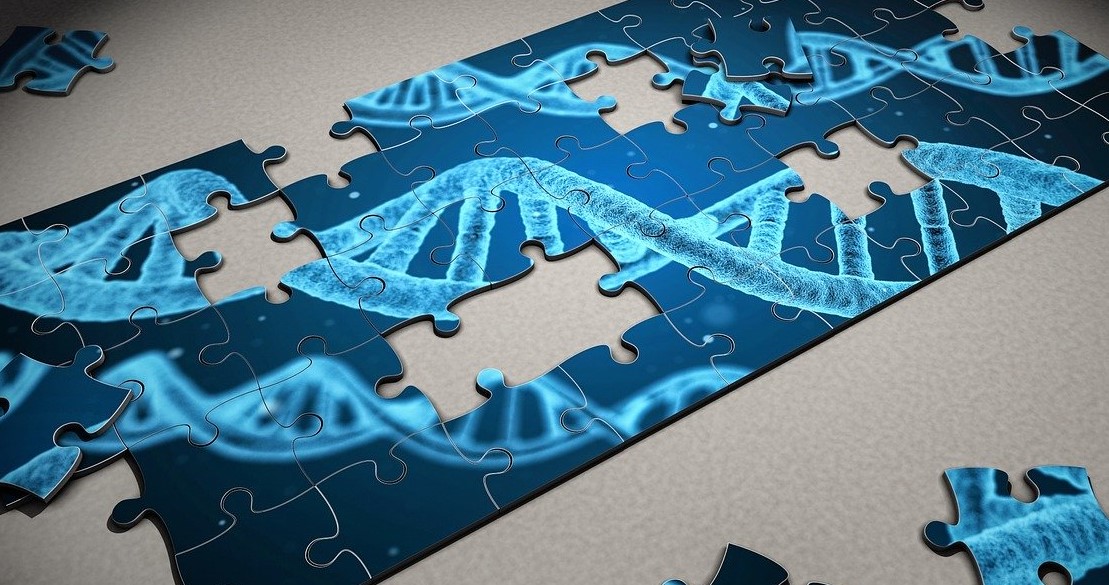
Australian researchers are seeking more than 3,500 volunteers for the world’s largest eating disorders genetics investigation in a bid to further pinpoint genes influencing risk of developing eating disorders.
The researchers, including Professor Tracey Wade at Flinders University, are seeking volunteers with first-hand experience of eating disorders to enrol in the local arm of the world’s largest ever genetic investigation into the complex, devastating illnesses.
The global Eating Disorders Genetics Initiative (EDGI) aims to identify hundreds of genes that influence a person’s risk of developing anorexia nervosa, bulimia nervosa and binge-eating disorder, to improve treatment and ultimately save lives.
Eating disorders are not a choice, but rather serious illnesses that can cause significant distress, and affect the lives of individuals, their partners, families, carers and friends, says Professor Wade, Matthew Flinders Distinguished Professor, College of Education, Psychology and Social Work at Flinders University.
Concerningly, eating disorders have one of the highest mortality rates of any mental illness.
“For far too long, eating disorders have been perceived as illnesses that pivot around the external; a physical ideal and pursuit of beauty or body image. In reality however, eating disorders are mental illnesses driven by what is going on in the mind, and involve a complex interplay of environmental and genetic factors,” Professor Wade says.
According to an EDGI investigator article just published in MJA Insight, investigators will further the significant advances made in a recent, international collaborative study – the Anorexia Nervosa Genetics Initiative (ANGI) – in order to revolutionise future research into the causes, treatment and prevention of eating disorders.

“Identifying the genes that predispose individuals to the development of an eating disorder is like assembling a jigsaw puzzle,” says article co-author, EDGI Principal Investigator, Distinguished Professor of Eating Disorders, Department of Psychiatry, University of North Carolina, Professor Cynthia Bulik.
“The more pieces we have on the table, the clearer the biological picture of the underlying causes of the disorder, and the better the chance of developing new and improved, personalised interventions and treatments,” Professor Bulik says.
“Genetically, our preliminary ANGI research, which compared 17,000 participants with more than 55,000 controls from 17 countries, revealed both psychiatric and metabolic origins to anorexia nervosa, explaining why people living with the disorder struggle to gain weight, despite their best efforts. The study also identified eight genetic variants significantly associated with anorexia nervosa.”
While various studies have explored one’s genetic predisposition to developing an eating disorder, only a handful of the responsible genes have been identified to date, leaving many more to be found.
Lead Investigator of the new Australian study, Professor Nick Martin, from the Genetics Epidemiology Research Group at QIMR Berghofer Medical Research Institute, says volunteers need to be be aged 13 years or over and have currently, or at any point in their lives experienced, anorexia nervosa, bulimia nervosa or binge eating disorder.
“We are looking for any Australians, aged 13 and over, with first-hand experience of an eating disorder, to volunteer for this important genetics study.”
Dcades of family and twin studies have confirmed that eating disorders run in families due to genetic factors.
To learn more, or to register for the study go to www.edgi.org.au or email edgi@qimrberghofer.edu.au.
“Analysing the DNA from study saliva samples will allow us to pinpoint specific genes associated with eating disorders, which will help us to determine why some people experience eating disorders, and why some people living with eating disorders respond to certain treatments, while others do not,” says Professor Martin.
“Comparing the saliva samples of EDGI participants to samples collected for other disorders, will also help us to understand the common conditions co-occurring with eating disorders, including obsessive-compulsive disorder, depression, anxiety, substance abuse disorders and personality disorders.”
Should you suspect that you, or a loved one, may be living with an eating disorder, speak to your local healthcare practitioner without delay, or head to www.insideoutinstitute.org.au to complete their screener and assessment, and to access more information and professional support.
Australian professional patient support services offering 24/7 helpline services include:
o Beyond Blue: 1300 22 4636
o LifeLine: 13 11 14
o Men’s Line Australia: 1300 78 99 78
o Kids Help Line: 1800 55 1800

